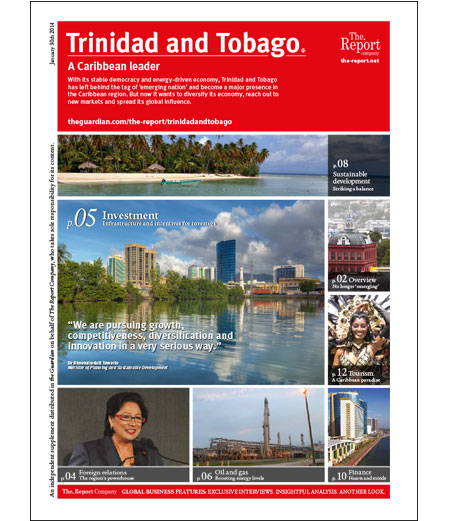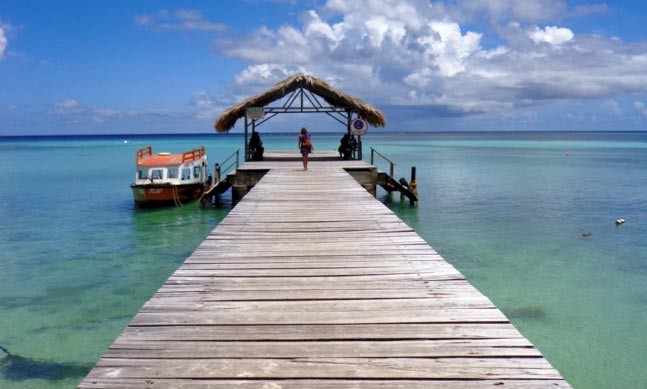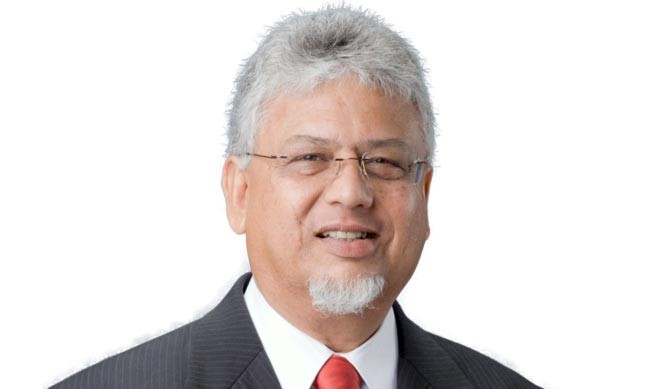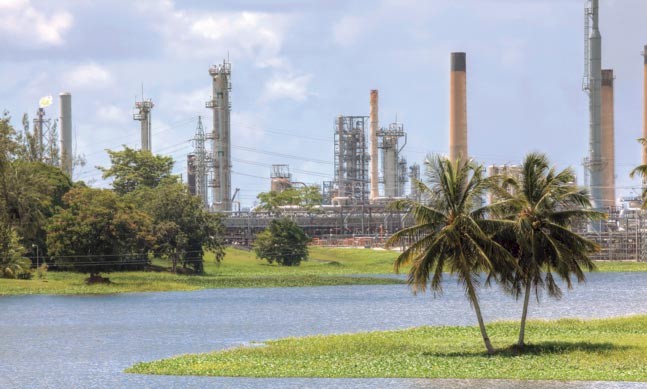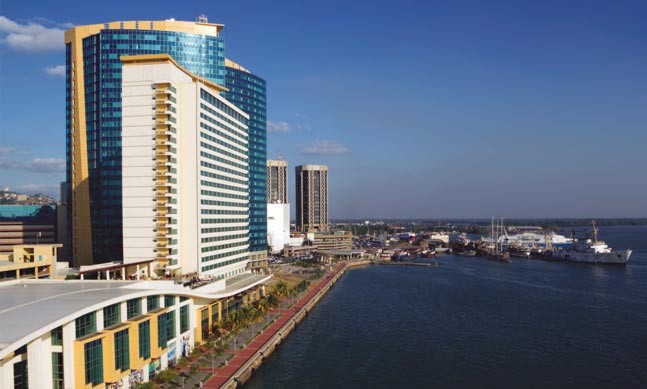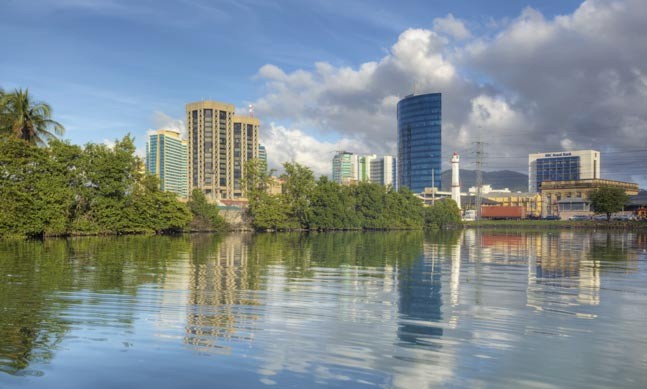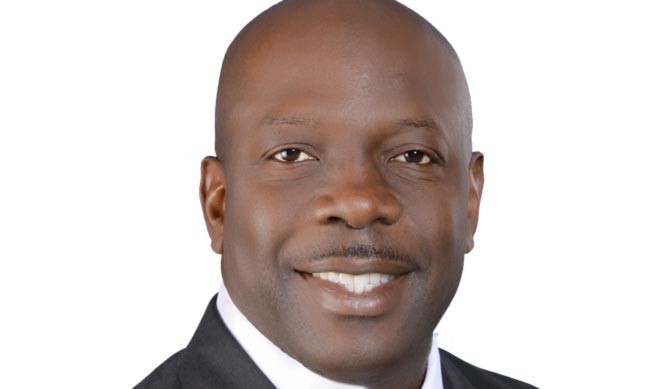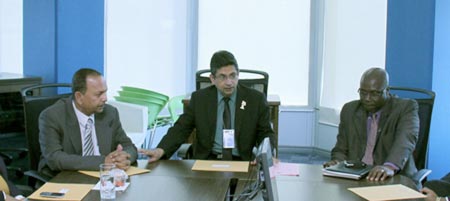
Jamal Mohammed reflects on his first year as Trinidad and Tobago’s minister of communications, and highlights the country’s evolving role as the focal point for economic and political activity in the Caribbean region.
The Report Company: What have been your key priorities in your first year in office?
Jamal Mohammed: The mandate of the ministry of communications is to provide official government information to the people of Trinidad and Tobago. We firmly believe that our citizens are the owners of this country and they have a right to know what their government is doing. Our job is to put information out there through all forms of communications – from radio to social media. We do this so the people of the country can make informed choices and decisions and are aware of what the government is doing with their resources. We liaise with all the other ministries, get the information and spread it out to the people.
TRC: What challenges have you faced in your role?
JM: While we have a new government led by Prime Minister Kamla Persad-Bissessar, there are a lot of people who want to maintain the status quo, who are afraid of change. We have come in with a strong mandate from the people to change the way business is being done in Trinidad and Tobago, and we are meeting some challenges from people who have been entrenched in certain positions.
TRC: What are your main objectives for the rest of your mandate?
JM: We’re going to find innovative ways of sharing information with the people and giving them the options they deserve to make informed decisions and choices. It’s a bit of a challenge in the sense that we have a system that has been in place for decades, which was left to us by our colonial masters, the British. We need to find new ways and new means of getting services to the people of Trinidad and Tobago, and that is the thing that we’re working hard to promote in the remaining time that we have in government. Our whole culture, the way we do business, the way we see ourselves and the way we approach problems within the public service has to change. It is a difficult thing to do but it is happening.
TRC: What would be your assessment of the bilateral relationship between Trinidad and Tobago and the UK?
JM: I have just returned from Commonwealth Parliamentary Association meetings in the UK, where I attended workshops and seminars. We have an excellent relationship with the government and people of the UK and we have to thank them for the facilities they provide us. The Commonwealth Parliamentary Association brings together parliamentarians from all around the Commonwealth, so we are able to exchange ideas, systems and operations.
The UK was once our colonial master, but now they have recognised that we are an independent nation and they are there to help us. They are indeed providing that kind of help and support.
“We firmly believe that our citizens are the owners of this country and they have a right to know what their government is doing. Our job is to put information out there through all forms of communications.”Tweet This
TRC: How would you define Trinidad and Tobago’s role within the greater region?
JM: It is 40 years since the Treaty of Chaguaramas was signed in Trinidad and Tobago, which brought the Caribbean nations together to form CARICOM. We might be small countries, but we have a tremendous influence and Trinidad and Tobago was one of the leading lights of that movement to bring the people of the Caribbean together to stand as one. Over the past 40 years, a lot has been achieved and Trinidad and Tobago has assumed the position as the leader in the Caribbean. Only recently, we have received visits from the American vice-president and the president of China. These world leaders now recognise Trinidad and Tobago as a leader not only of the Caribbean but also of the region.
They see Trinidad and Tobago as the focal point for economic activity. When you help us, you help the rest of the Caribbean. For example, the government of China is helping us to build a children’s hospital, which is a tremendous boost to the people of the Caribbean. All of this says a lot for our role in the Caribbean, how we are perceived in the rest of the world and the work that our prime minister has done to position our country.
We are lucky here because of our natural resources, our oil and gas supplies. Companies find it easy to set up here because of the easy access to energy. Our ministry of trade and industry is on a major drive to make it easy to do business in Trinidad and Tobago by removing some of the obstacles. If you want to come and set up a company in our country it will be easier for you to get approvals. Previously it used to take a couple of weeks to set things up, now it’s a matter of days. So the path has been cleared. Work has been done so companies from abroad can come and do business here. It is now very important that we prioritise the transportation and communication links within the Caribbean.
TRC: How would you like Trinidad and Tobago to be perceived in the international community?
JM: We live in a democracy and we enjoy freedoms, rights and responsibilities. Our democracy is our strength in this part of the world, as is the diversity of our people. So many different races live in this country without problems. We all live together and we work together as one. This is our greatest strength apart from the energy and resources that we have. We follow the UN charter very closely and we are always very actively involved in the activities and programs and resolutions of the UN. We are part of the community of nations and we have to play our role to ensure that the UN functions properly.
I’m very confident about the future of Trinidad & Tobago and the Caribbean region. The programmes, the proposals and the actions that we have put in place point to a very bright future. We’re small, but we can have a big impact around the world and make a difference because of our stability, our democracy and how our people live together.
TRC: What would you like to be your legacy?
JM: My main goal is to make sure the people of Trinidad and Tobago are aware, informed and educated about what their government is doing. We are just custodians of the people’s resources, so we have to account to the people. We must take the lead to inform them. We have television stations, radio stations, access to newspapers and other forms of communications and we intend to utilise every single means at our disposal to pass on information to the people. I love my country very much, I am very passionate about the future of my country and I know the plans that we have in our sights. We have a vision of where we want to go, we know what we need and we just have to keep our people at the forefront of all of our decisions.


